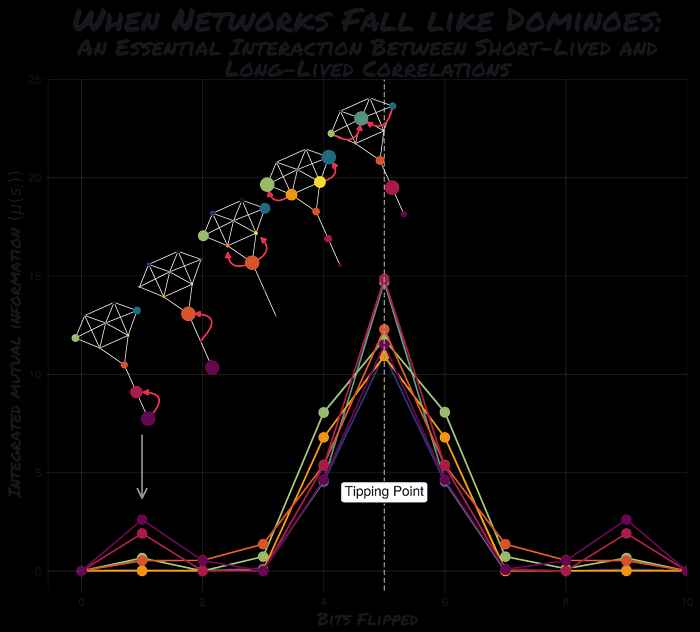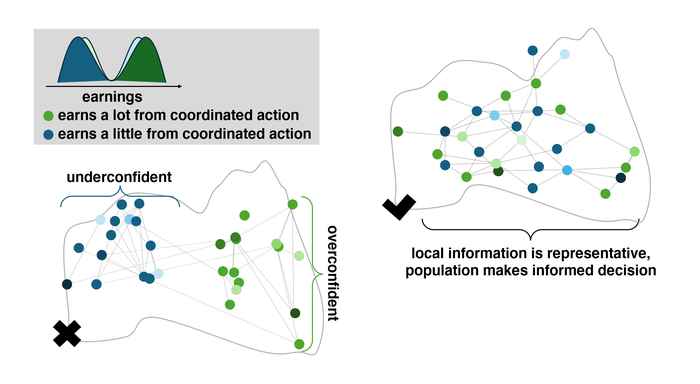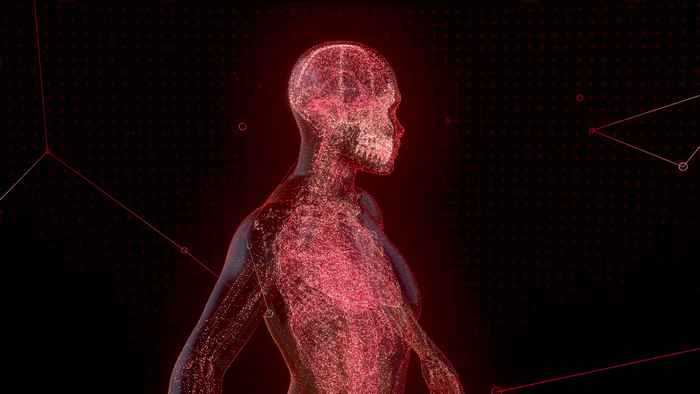Computational Science (CS)
Societal context
If scientists want to understand large-scale natural phenomena like climate, river flows or financial markets, medium-scale phenomena like the behaviour of cells in an organ, or small-scale phenomena like the behaviour of molecules in a chemical reaction, they can make observations, run experiments and develop theoretical models. But the computer gives the possibility to study such phenomena in great detail and in a safe and practical way via simulations. Computer simulations can provide scientific insights into complex natural systems that cannot be revealed in any other way.
Within the Computational Science research theme at IvI we apply computational techniques to a wide range of different domains, from criminal networks to the social network of addicts, and from the growth of coral reefs to a full three-dimensional virtual representation of the human body. To do this, we collaborate with scientists from medicine, psychology, biology, sociology, and chemistry.
We also explore the possibilities of using a new computational paradigm based on quantum computing.
Scientific challenges
At IvI we develop computer simulations of complex phenomena, which requires finding solutions to fundamental scientific questions on what makes computational models reliable, effective and efficient, on understanding the interconnections in the system, and on the availability and processing of the required data.
As some computer simulations take a long time and cost a lot of energy, we also investigate how scientific computing can be made faster and more energy efficient. This often requires algorithmic breakthroughs.
In the specific domain of quantum computing we develop algorithms that can be used to create entirely new quantum encryption that is safe against attacks with a future quantum computer.
IvI research groups associated with the CS theme
as their primary focus is:
- Computational Science Lab (CSL)
as their secondary focus are:







